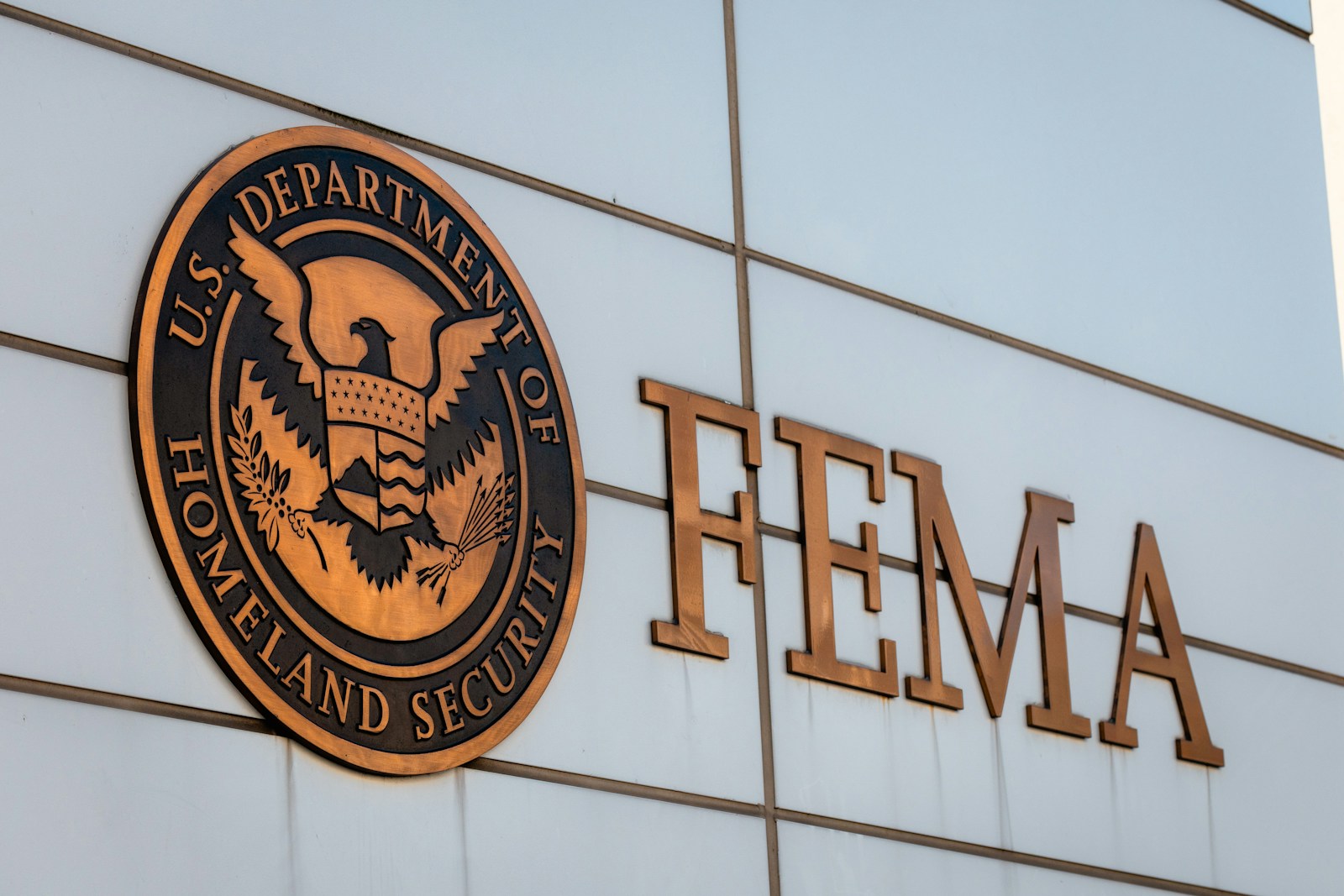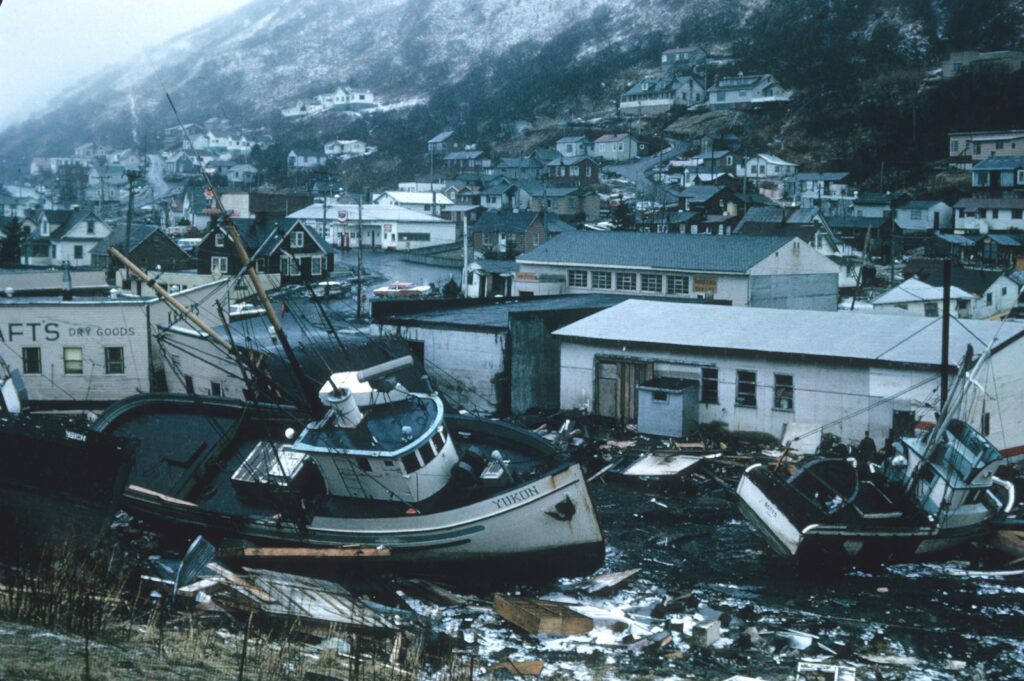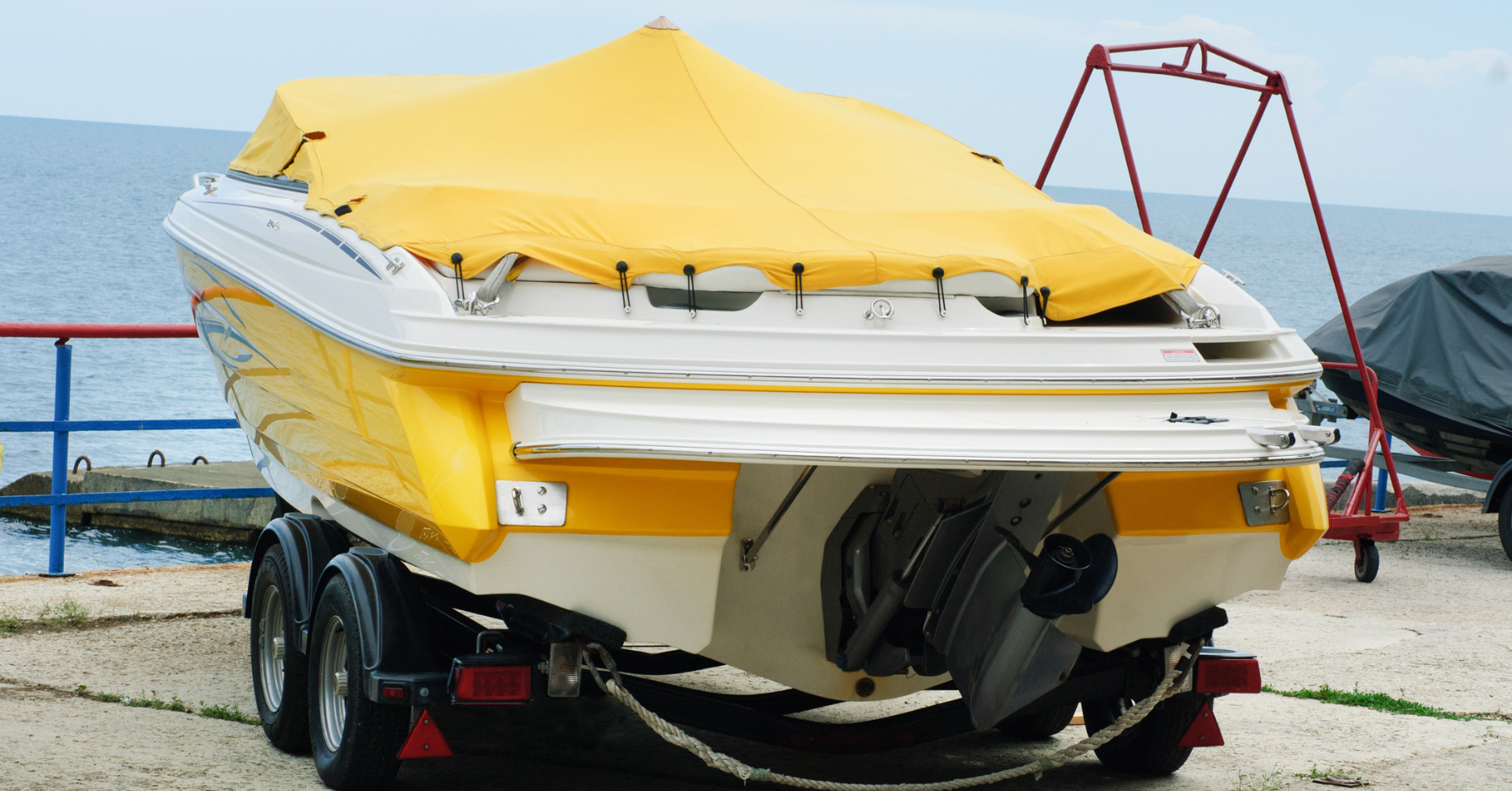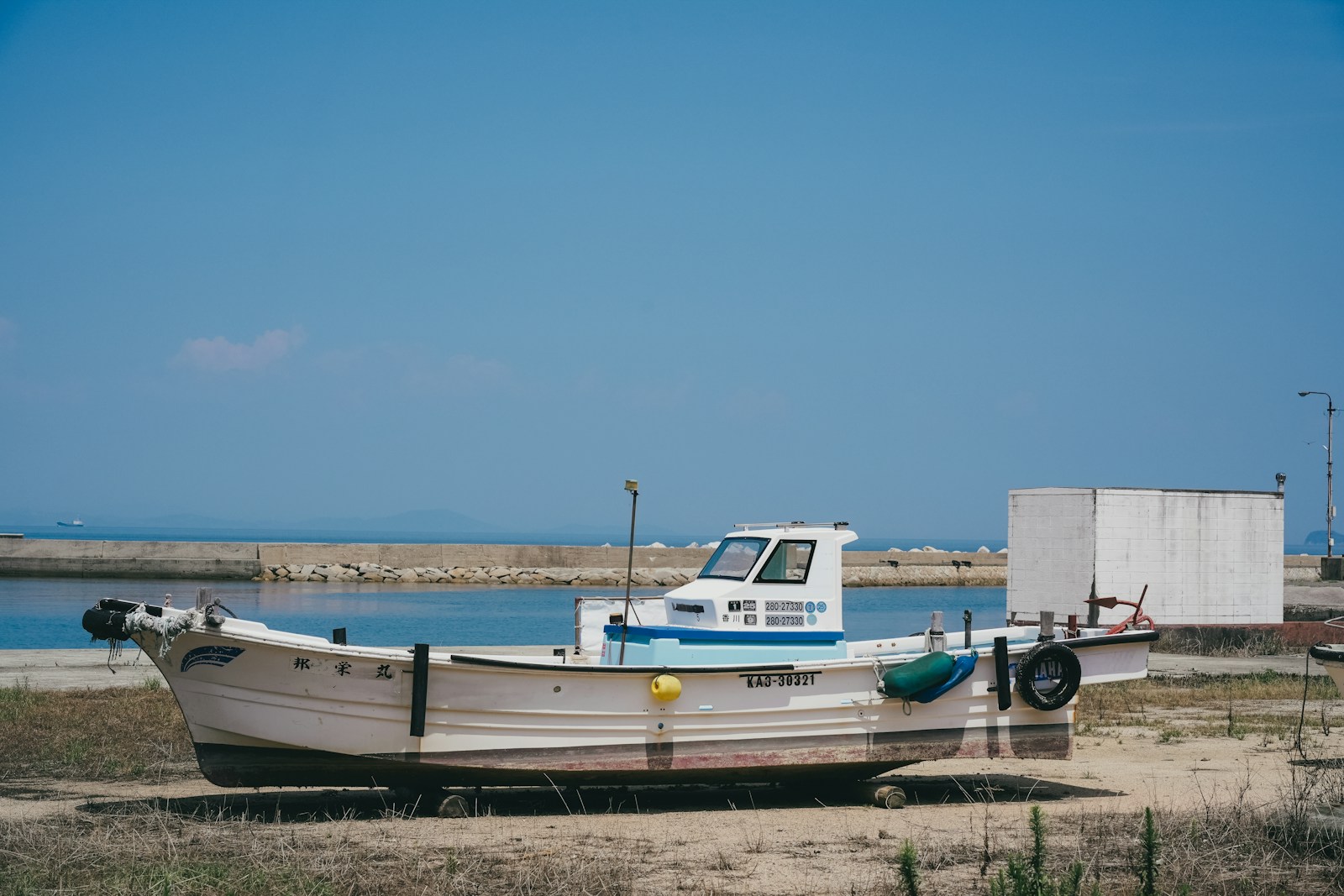When disaster strikes, the first priority is safety. The second is recovery. For nearly 30 years, Interstate Haulers has been a trusted partner in nationwide transport—moving FEMA trailers, vital housing, and essential equipment where it’s needed most. Our history is deeply connected with disaster relief efforts, including the large-scale movement of new trailers to areas impacted by hurricanes, floods, and other widespread natural disasters.
After Hurricane Katrina and Hurricane Rita, trailers were purchased and deployed across the Gulf Coast, New Orleans, and beyond to provide emergency housing options. During that summer—June through August—we helped deliver thousands of units that became a lifeline for families who had lost their homes.
In the years that followed, government agencies, the CDC (Centers for Disease Control and Prevention), and organizations such as the Sierra Club worked to address concerns over formaldehyde levels and ensure each unit was properly inspected for safety. Experts like Mary Devany, Nick Shapiro, and Mariel Carr played key roles in studying elevated levels of formaldehyde found in some Gulf Stream Coach models and advising how to protect the health of displaced residents.
From Oklahoma to Washington, Interstate Haulers continues to move FEMA trailers, mobile homes, and modular apartments to where they’re needed most. Each delivery represents a step toward recovery — helping homeowners rebuild, restoring what was destroyed, and providing renewed hope one trailer at a time.
Moments of crisis define a company’s purpose. For us, they reaffirmed that we are more than a logistics provider — we’re a part of the national response, ensuring that every roof, every home, and every family gets the support they need to rebuild.
Understanding FEMA Trailers and Their Purpose
FEMA trailers are a cornerstone of federal disaster response. These units—which can be manufactured homes, mobile homes, or travel trailers—provide essential temporary housing for individuals and families displaced by emergencies. After major disasters like Hurricanes Katrina and Rita, and more recent storms across the Gulf Coast region of Texas, Louisiana, Mississippi, and Alabama, these trailers offered a lifeline.
Managed by government bodies such as the Federal Emergency Management Agency (FEMA), the Department of Housing and Urban Development (HUD), and the General Services Administration (GSA), these trailers are deployed to provide stability. They give families a private, secure space to live while they navigate the complexities of rebuilding their lives and homes.
Lessons from Hurricane Katrina & Hurricane Rita: The Importance of Reliable Transport
The 2005 hurricane season was a defining moment for disaster response in the United States. The deployment of tens of thousands of FEMA trailers across the South highlighted immense logistical challenges. The sheer volume of demand created temporary housing shortages and exposed weaknesses in transportation coordination between various agencies.
This experience taught a critical lesson: reliable transport is not just a detail; it is the backbone of an effective response. Dependable logistics partners like Interstate Haulers are essential to prevent similar delays and complications in future crises. By ensuring safety, efficiency, and proper inspections, we make sure trailers arrive ready for immediate use, helping families move from shelters to private residences as quickly as possible.
From Temporary Housing to Permanent Housing: Meeting Long-Term Needs
Initially, FEMA’s focus was on providing short-term shelter. Over time, this mission has evolved. The goal now often includes facilitating a transition to more stable, long-term housing solutions for displaced families. These units are not just placed in large group sites but are also moved to private property, county-managed locations, and other federal facilities to better suit individual family needs.
Interstate Haulers is instrumental in this transition. We transport these housing units with precision and care, understanding that each move represents a step toward permanency. Proper transport coordination, setup, and inspection are crucial to maintaining safety standards and avoiding health risks, ensuring each home is a safe haven. This process is overseen by agencies like the EPA, CDC, and HUD to guarantee compliance with health and safety regulations.
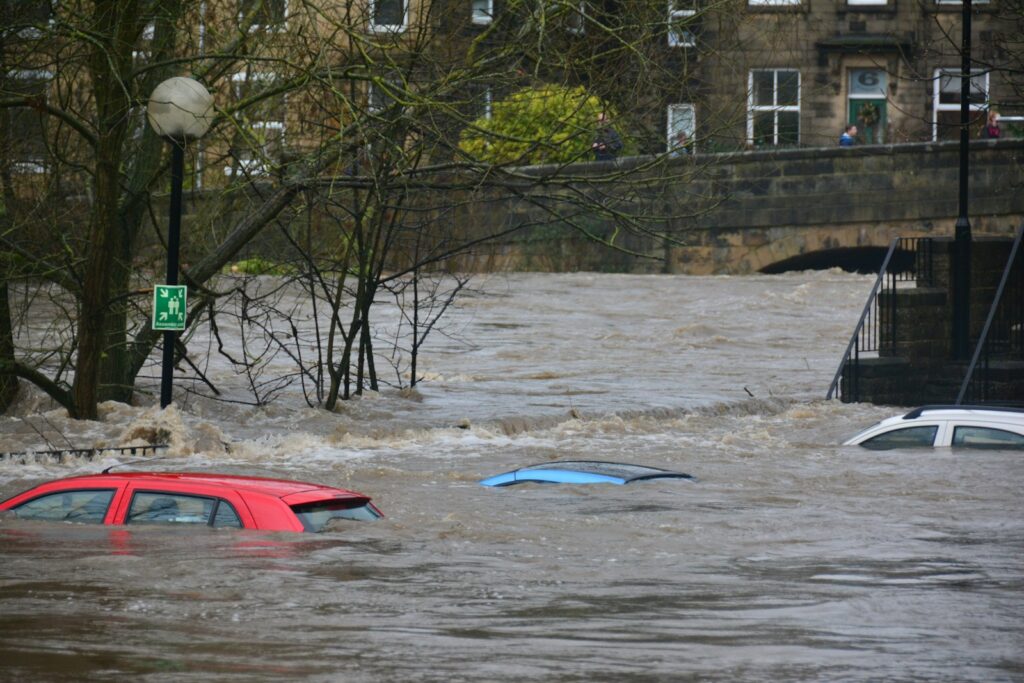
Photo by Chris Gallagher on Unsplash
The Role of Interstate Haulers in Emergency Logistics
Effective emergency response requires a network of dedicated partners. Interstate Haulers collaborates closely with:
- FEMA and government agencies to execute transport plans.
- Dealers, manufacturers, and logistics providers to coordinate the supply chain.
- Public utilities and service workers who are on the ground rebuilding infrastructure.
Our proven record of nationwide transport, strict adherence to Federal Motor Carrier Safety Administration (FMCSA) compliance, and responsive communication make us a go-to partner in a crisis. Our experienced drivers and dispatch team are skilled at moving trailers, mobile homes, and industrial units quickly and securely to affected areas, navigating challenging conditions to deliver on our promises.
Beyond the Storm: Rebuilding Communities Together
Recovery is a marathon, not a sprint. It continues long after the storm has passed, requiring sustained effort and logistical support. Interstate Haulers remains committed to these long-term rebuilding projects. We have been involved in disaster recovery housing transport in states like North Dakota, Texas, and Illinois, moving everything from new, larger trailers for families to bunk-bed-equipped units for essential service workers.
For example, after a flood, we might be tasked with transporting a fleet of mobile homes to a staging area for first responders. In another scenario, we could be moving a single, specially-equipped trailer to a family’s property so they can oversee the reconstruction of their home. Each mission is unique, but the goal is always the same: support the rebuilding of communities.
Maintaining Trust Through Transparency and Care
In the past, concerns have been raised about the air quality and materials, such as particle board, used in some emergency housing units. These issues have led to stricter oversight and improved manufacturing standards. At Interstate Haulers, we reinforce our commitment to safety through diligent processes.
We partner with compliant manufacturers and agencies that prioritize the well-being of residents. Our role includes careful handling and inspection to ensure the structural integrity of each unit upon arrival. We align our practices with the latest recommendations from the EPA, CDC, and HUD to help ensure every trailer we deliver is a safe and livable home.
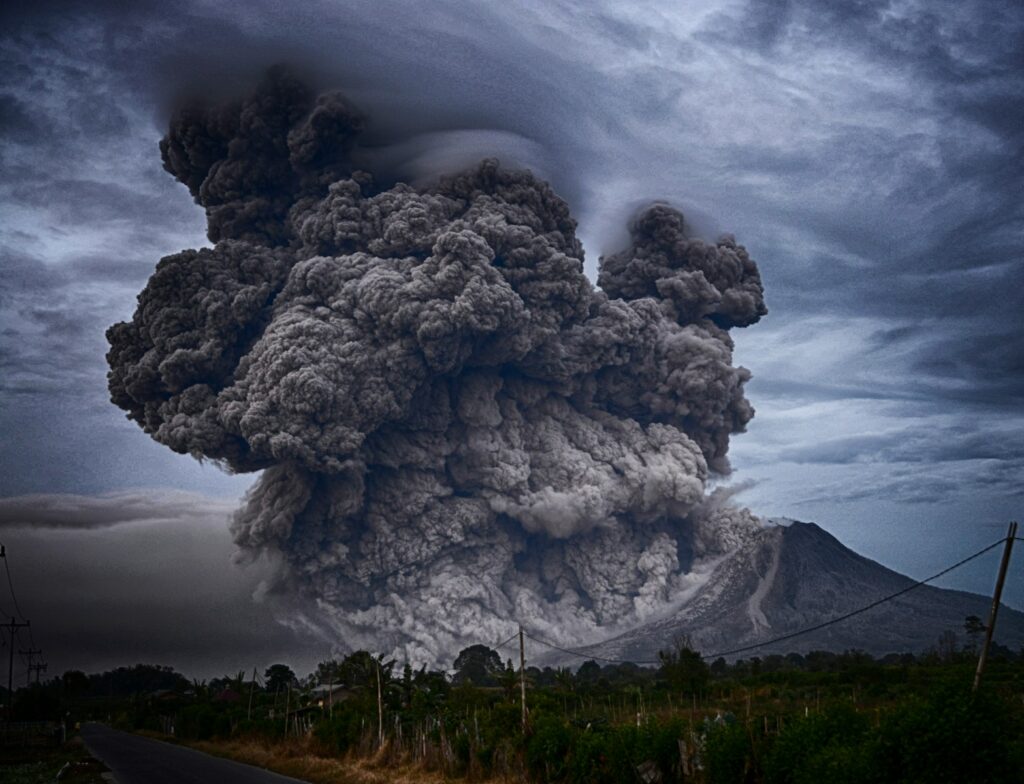
Photo by Yosh Ginsu on Unsplash
How Interstate Haulers Upholds Community Values
As a family-owned business since 1997, our work is guided by core values: trust, transparency, and professionalism. While government agencies manage the trailers themselves, we take on the immense responsibility of ensuring they arrive safely and efficiently. We understand that every delivery represents a fresh start for a family in need.
Our mission goes beyond transport. It’s about participating in the rebuilding of lives and livelihoods. We bring a personal touch to an impersonal process, handling each load with the care it deserves because we know what’s at stake.
Partner with a Proven Leader
When a crisis hits, there is no room for error. Coordination, reliability, and experience are paramount. Interstate Haulers brings nearly three decades of proven performance to the table, offering a logistics solution that government agencies, manufacturers, and relief organizations can count on. We are more than a vendor; we are a partner in recovery.
When every mile matters, trust the hauler who’s been there since 1997.
Further Reading: FEMA Trailers, Hauling & Crisis Support
- “Transportable Temporary Housing Units: Frequently Asked Questions” — FEMA | A FEMA fact sheet explaining how transportable units (including trailers) are used for disaster housing and their limitations.
- “FEMA trailers head to Sandy-ravaged communities” — Government Executive
A real-world case of deploying FEMA trailers in response to Hurricane Sandy, including costs, logistics, and placement issues. - “FEMA trailer” — Overview of FEMA trailers’ history, use in past disasters, controversies (e.g. formaldehyde), and policy shifts.
- “Regarding FEMA Trailers and Health Issues” — ICT News | An article highlighting health and safety concerns, particularly formaldehyde exposure, mold, and long-term impacts.
- “FEMA Trailer Residents Need Affordable Rental Housing, Money to Rebuild, Survey Finds” — NLIHC | A survey report on how many residents in FEMA trailers struggle with transitions, housing affordability, and long-term stability.
- “FEMA trailers on their way to Ruidoso; at least 856 homes lost” — Source NM | Recent news on a state request for FEMA trailers after wildfire damage, illustrating current usage and logistical challenges.
- “Suicide, Violence, and Depression Widespread in FEMA Travel Trailer Parks” — International Medical Corps | A press release/study showing social, mental health, and security issues in FEMA trailer parks in post-disaster settings.
- “Katrina Cottage” — Description of an alternative to FEMA trailers: small cottage-style housing developed in response to problems with trailers.

